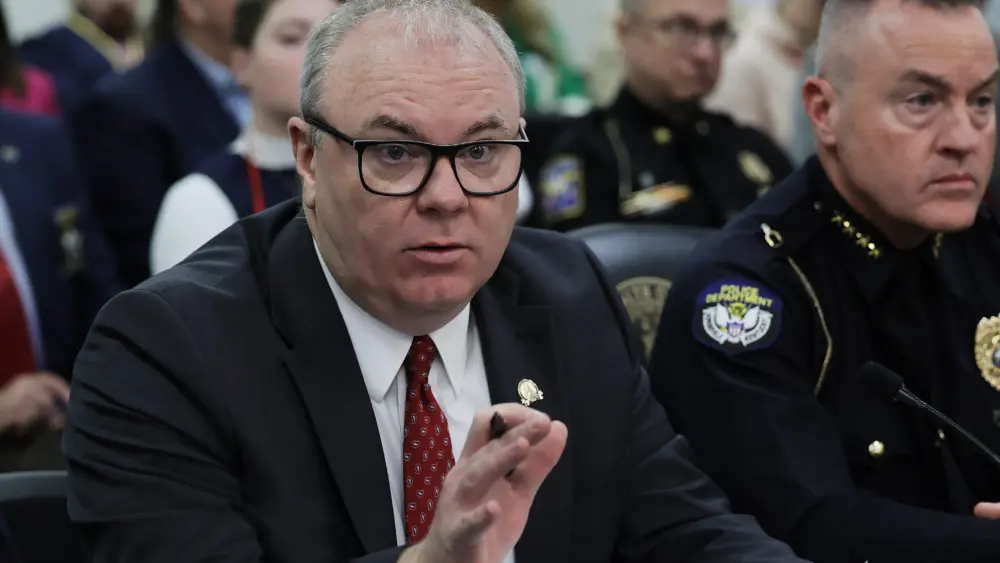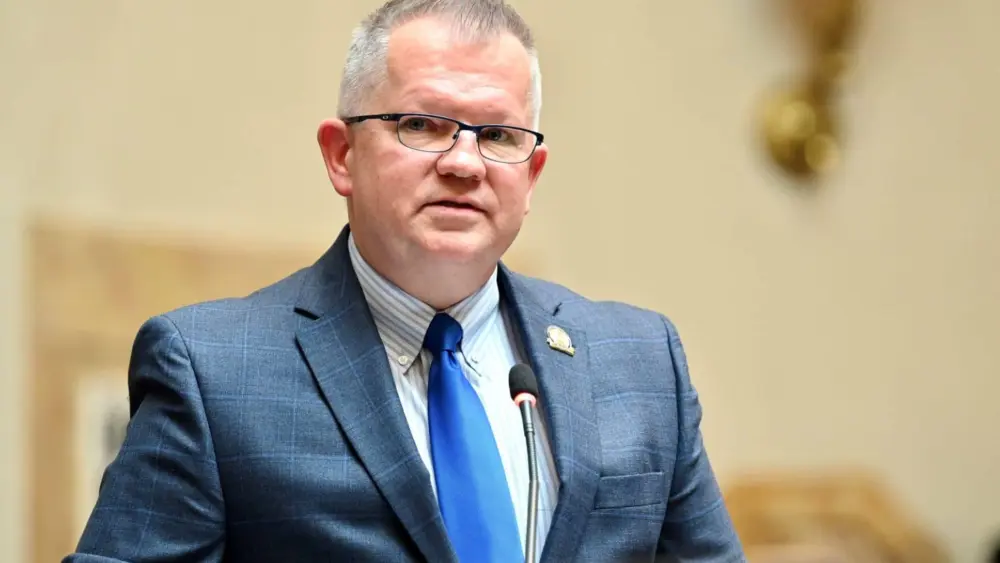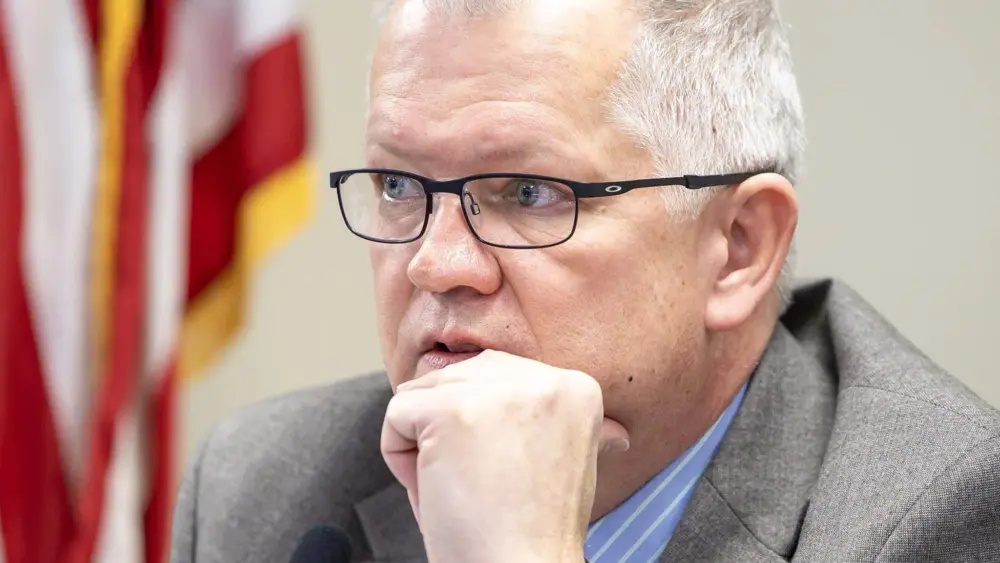FRANKFORT-A bill that would let state regulators determine how much solar customers
in Kentucky are credited for their surplus power narrowly passed the state House
yesterday by a vote of 49-45.
House Bill 227 sponsor Rep. Jim Gooch, R-Providence, said the bill as passed would
amend the state’s law on net metering-which Gooch said requires “rooftop solar”
customers be paid the “full retail rate” for surplus solar energy fed into the
electrical grid-by letting the state Public Service Commission decide how much net
metering customers should be compensated, and what costs they should pay.
Existing private net metering customers and those who buy existing net-metered
property would be grandfathered in through 2043, with the bill taking effect in
2019, said Gooch.
Gooch said solar customers don’t pay maintenance, transmission and many other costs
that electric utilities and their customers pay. Because of that, he said, the
current rate structure for net metering benefits only solar customers.
“It’s critical that the system costs of net metering not be shifted to non-net
metered customers,” he said.
Any concerns about whether the bill will put solar contractors out of business were
also responded to by Gooch. “They will still sell solar panels to people who want
them,” he said. “It may take delay their payoff a little bit longer, but … we
still believe it is a viable option.”
Rep. Phil Moffett, R-Louisville, express concern about the legislation, saying that
only a fraction of the state’s electric power is generated by solar power.
“I find this bill really to be a solution looking for a problem,” Moffett said,
saying the legislation is not urgent in a state with such low use of solar power.
Also speaking against the bill was Rep. Angie Hatton, D-Whitesburg. Hatton, who
expressed concern about the possibility of increased electricity costs.
“This bill creates an unlevel playing field favoring utility-owned solar over
private home owner or small-business owned solar,” she said. “Kentucky solar
businesses will close, and the energy rates will continue to climb and utilities
eliminate their competition.”
One lawmaker who supported the bill was Rep. Brian Linder, R-Dry Ridge. Linder said
HB 227 prevents what he called a “reverse Robin Hood” that requires utility
customers to help pay the cost of solar installation. He said that cost runs around
$20,000 per house, according to committee testimony.
“I don’t know about you, but not a lot of people in my district have $20,000 sitting
around to put solar on their house,” said Linder.
HB 227 now goes to the Senate for consideration.







